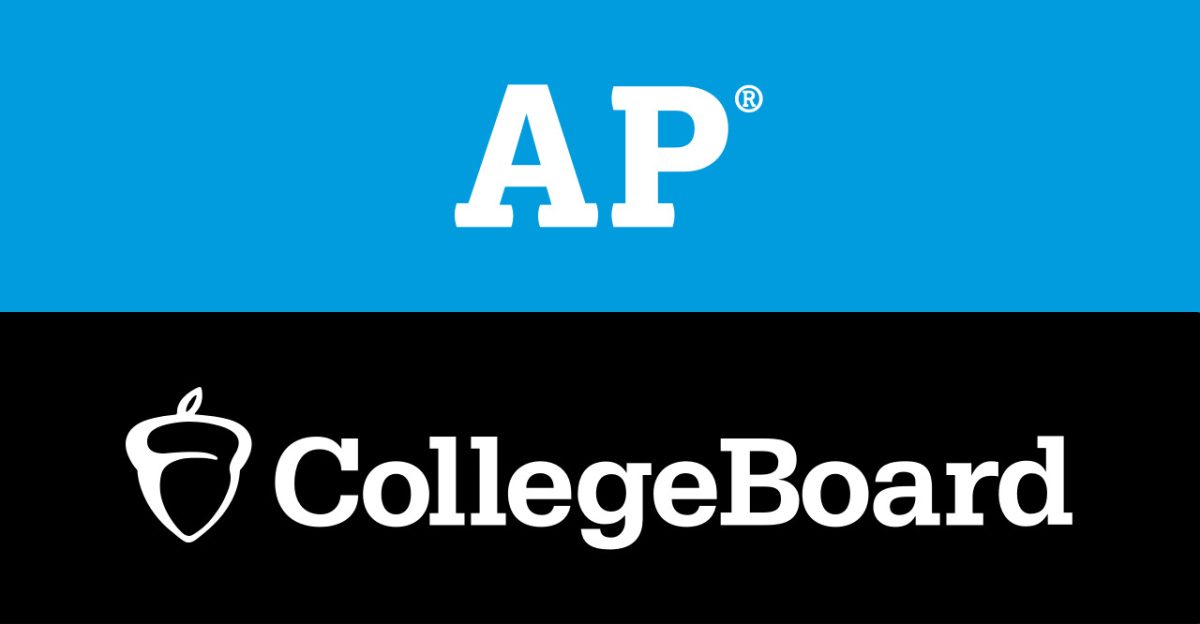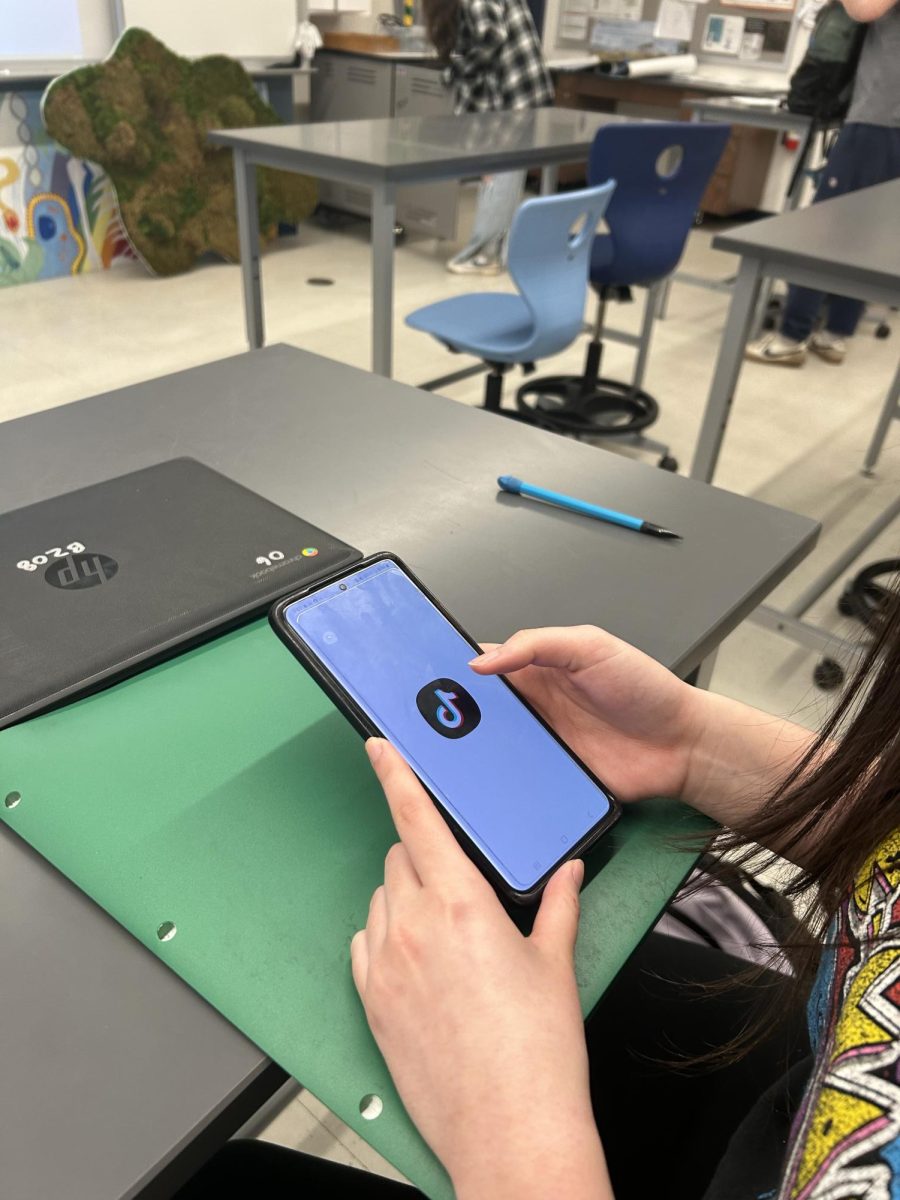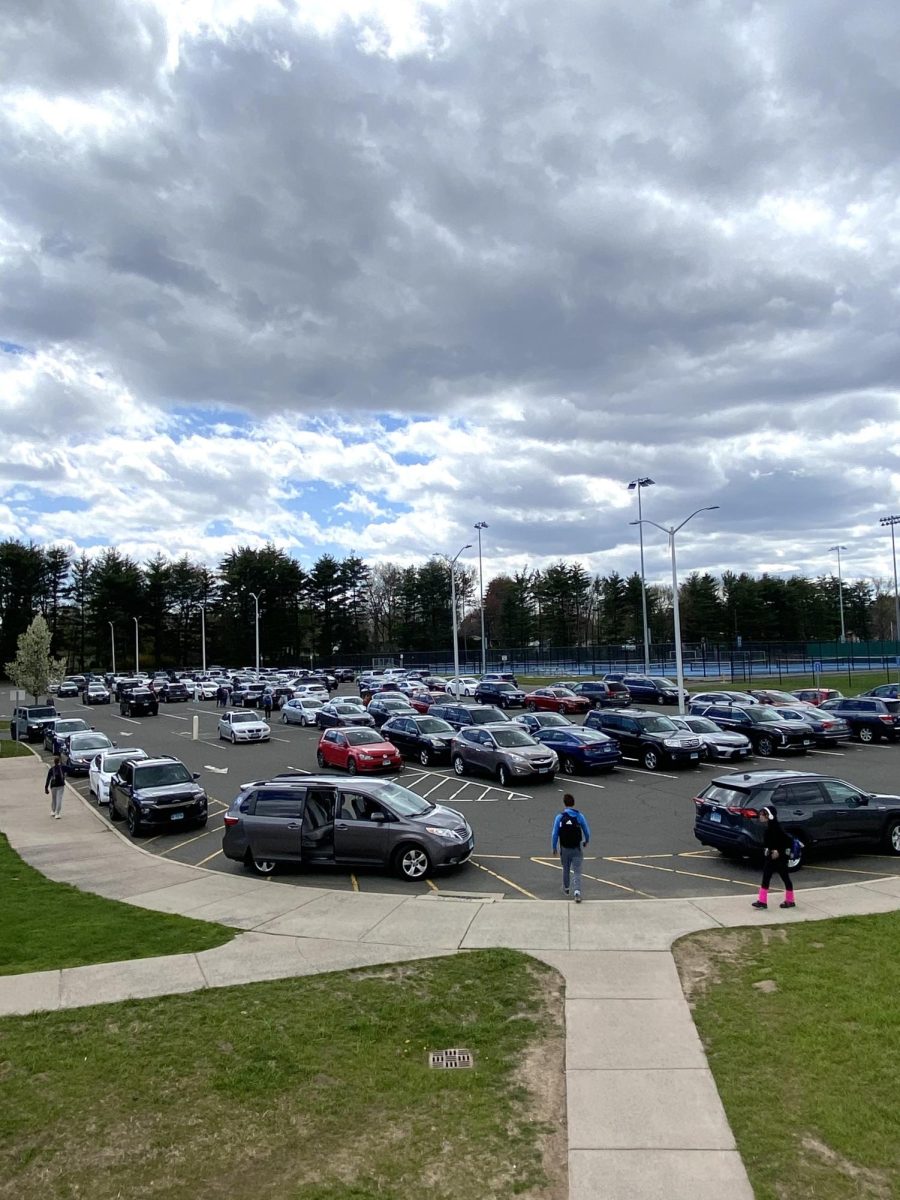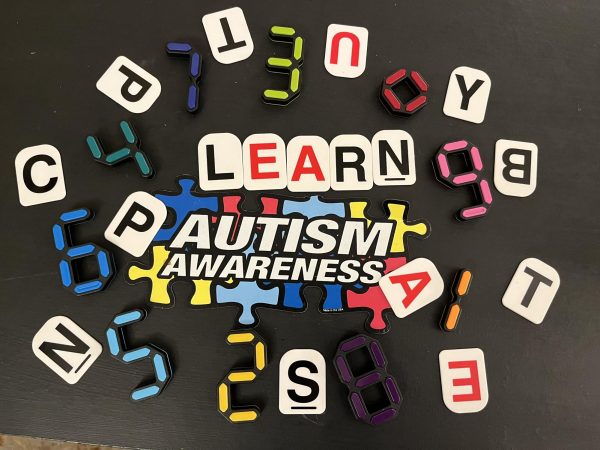
In modern society, a global surge in atypical-brained individuals has emerged, and the term “neurodivergent” is used as an umbrella term to empower these unique individuals. But, with this surge comes the need for support, and accommodations to be accessible. They can allow neurodivergent people to succeed, thrive, and enable rather than disabling and defining them to their conditions, but also recognizing that they might do things differently than what’s “normal”.
Neurodivergency, commonly attributed by those with neurodiverse cognitive abilities such as Attention Deficit Hyperactive Disorder (ADHD), Autism (ASD), Dyslexia and Dyspraxia, is also a movement which advocates for the acceptance and awareness of their perspectives. It aims to encourage a shift in attitude towards inclusivity and embracement of their behaviors and thoughts while pushing away the stigma of shame that can follow them throughout life.
Stigma is seen in many forms such as generalization, minimization, and casual use of conditions by those who are not diagnosed or have deep knowledge about the topic. Specific matters such as inattentiveness may automatically be attributed to ADHD despite the true depth of the diagnosis. Olivia Privizzino, a neurodivergent student at Hall High School explained, “It’s not all fun and games, and it’s a serious matter. Most people joke about it and don’t take it seriously, even though living with it can be really difficult.” The minimization and lack of awareness she described indulges in harmful stereotypes which may inaccurately represent many. Stereotypes can further lead to feelings of inadequacy, disorientation and isolation. Additionally, some feel misunderstood and judged by the labels placed upon them. These conditions may make an environment feel unsafe for a neurodiverse person, and can prevent them from expressing themselves, or asking for support. Others are encouraged to acknowledge the goals of a neurodivergent person and how to support them instead of being intolerant. When asked about ways to support people’s differences, Privizzino further stated that others should “Make them feel safe and accepted, and be patient with them.”
Whether it’s at school, work, or anywhere else, neurodivergent people should be offered equal opportunities in the forms of accommodations, patience, and understanding. In regard to a school environment, Katie Houghtaling, a social worker at Hall High School said, “I have found that being curious about learners is important. This is a replacement for judgment or criticism. Instead of treating a student’s behavior as a personal jab, being able to maintain curiosity about what the behavior is communicating is more important.”
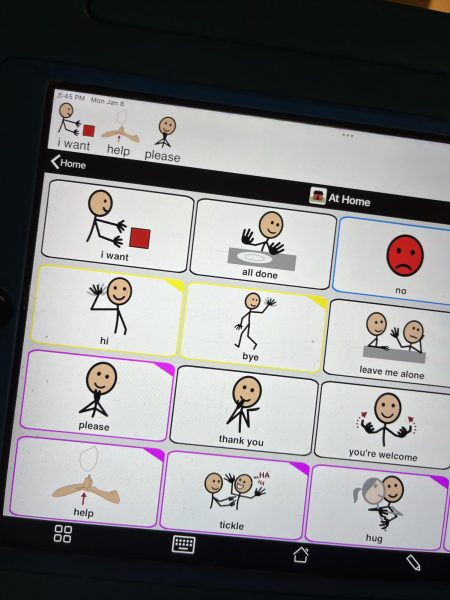
Despite the challenges neurodiverse individuals face and how they may navigate through them, these factors do not define a person. When asked about how present her conditions were to her identity, Privizzino said that her conditions weren’t something she feels confined by. She feels that even though she goes through a different cognitive experience than others, she is still just as capable as them. Not only are atypical-minded people successful, they often carry high creativity that does not easily occur to their peers. “Out of the box thinking”, immaculate attention to detail and the ability to fixate on an interest are just some common skills within those who are neurodivergent.
Being able to separate a person from the challenges they face and instead focusing on what they can do makes others feel accepted and safe, which further enables them to pursue something. Additionally, Houghtaling said that a good step society can take to be more accepting is to “be open to undoing some of that learning, and examine our own personal biases around people who do not fit some or all of those labels.” This statement goes beyond neurodivergency, and can be applied to any group or person. It is important to understand and accept instances of others who function or act differently.
In the end, as stated by an article about neurodivergency from Verywell Health, “people don’t “grow out of” autism, ADHD, learning disabilities, or Tourette’s syndrome, neurodiverse children become neurodiverse adults—many of whom are very capable of self-advocacy.” it is not a phenomenon that is going away or can be “fixed”, therefore learning to accept and embrace it is essential in order for these individuals to thrive, which can be done through an inclusive, welcoming society.



